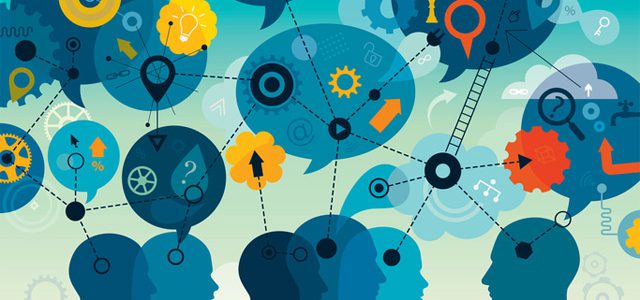
Interprofessional education has been defined as “members or students of two or more professionals associated with health or social care, engaged in learning with, from and about each other”. Ideally, students trained using interprofessional education paradigms become interprofessional team members who gain respect and improve their attitudes about each other, and ultimately improve patient outcomes, However, it has been stated that before interprofessional education can claim its importance and successes, its impact must be critically evaluated. What theory can explain the impact that interprofessional education seems to have on changing students’attitudes of other professionals and positively affecting their performance as interprofessional healthcare team members? The authors of this paper suggest conditions identified in Gordon Allport’s Contact Theory may be used as a theoretical base in interprofessional education to positively impact attitudinal change of students towards working as an interprofessional team member. For the purpose of this paper, equal status and common goals will be the two conditions highlighted as a theoretical base in interprofessional education. The premise to be explored in this paper is that utilizing a sound theoretical base in interprofessional education may positively impact students’ attitudes towards working in interprofessional teams.

